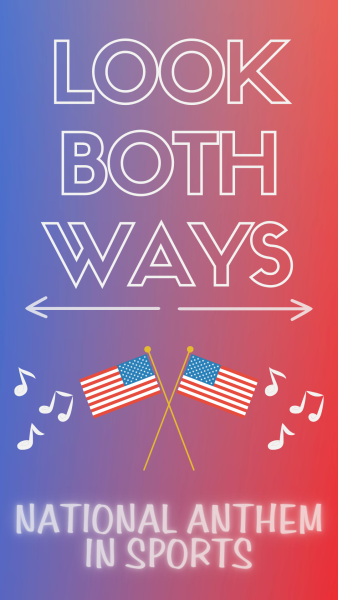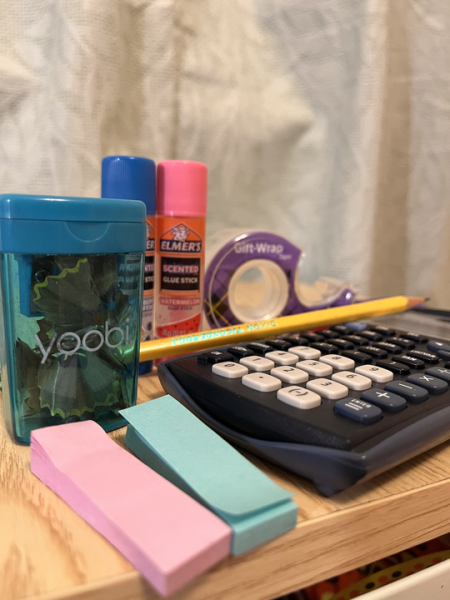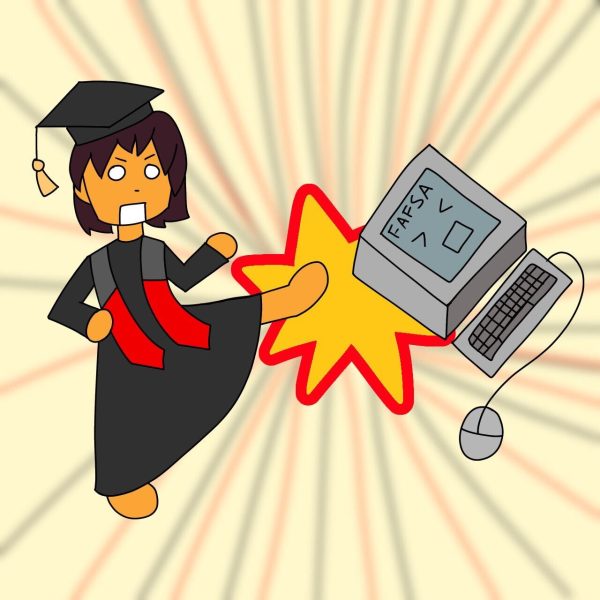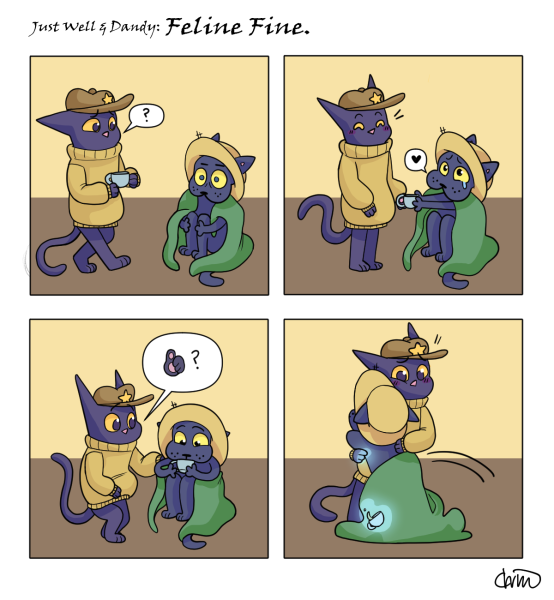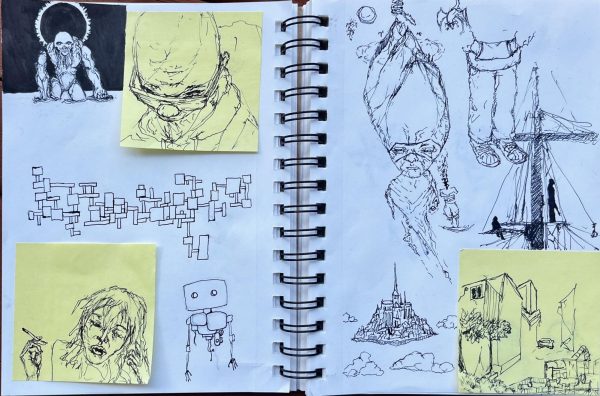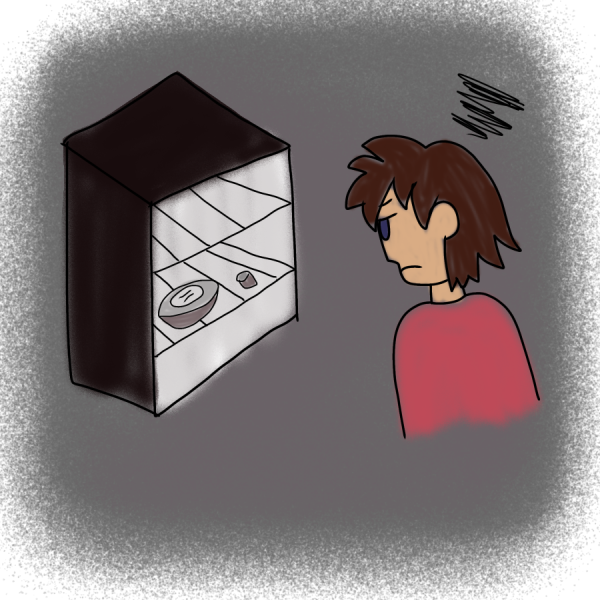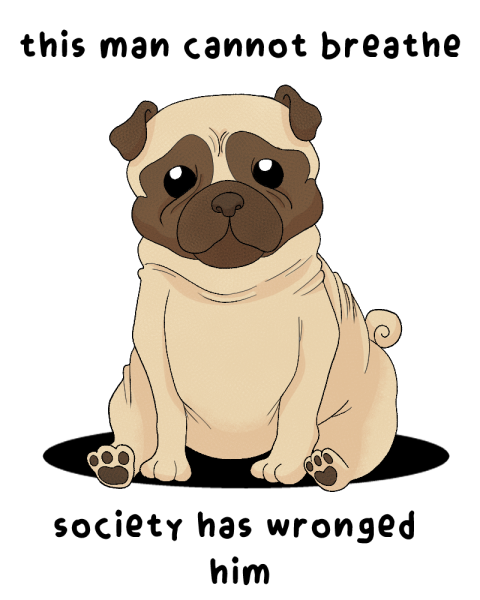LGBTQ community at NIU needs more allies
September 19, 2016
Progress has been made in terms of lesbian, gay, bisexual, transgender and queer/questioning acceptance on campus, but as October nears, which is LGBTQ history month, students should recognize the importance of continued awareness on issues members of the LGBTQ community still encounter.
From what I have witnessed during my time at NIU, one’s sexual orientation does not seem to be a big issue among students. While it may surprise some that it would ever be an issue, this indifference towards sexual orientation is a far cry from my experiences in the early 2000’s as a closeted 18-year-old. This fear to come out is a sentiment Kyle Williams, freshman business major, does not see present here at NIU.
“I feel comfortable being openly gay because, in all honesty, it feels like no one really cares,” said Williams. Being an openly gay student at NIU has not presented any obstacles for Williams. “I feel as though everyone is accepted here at NIU,” he said.
Alex Forgue, senior physics major and president of NIU’s student-run LGBTQ organization PRISM, echoes that sentiment but says NIU has more work to do in terms of LGBTQ outreach. “I feel that, in general, NIU is a fairly accepting campus…being lesbian or gay is not seen as a major issue on campus,” said Forgue. “However, NIU does have a bit of ways to go when it comes to transgender people.”
LGBTQ teens are still more likely to be the victims of bullying and physical violence than their heterosexual counterparts, according to an Aug. 12 Youth Risk Behavior Survey issued by the Centers for Disease Control and Prevention. The amount of youth who admitted to having been in a physical fight was higher among gay, lesbian, and bisexual students, 28.4 percent, and not sure students, 34.5 percent, than heterosexual students, 21.7 percent, according to the same survey.
“I think a major reason why LGBTQ still experience violence and bullying is due to lack of education,” said Forgue.
The survey figures and Forgue’s words reflect the need for continued awareness on the struggles members of the LGBTQ community continue to encounter. The Center for the Study of Women, Gender & Sexuality is currently asking students to participate in a collaborative documentary project meant to examine the ways in which gender, race, ethnicity, economic class, sexuality, gender identity and other factors affect how safe people feel in the spaces around them.
A common misconception I have encountered, a misconception that still seems to exist, is the belief that being gay is a choice. This notion has been directed to me by non-LGBTQ individuals on more than one occasion. I respectfully would like to inform students and others who think this notion is true that being gay was not a choice I ever made. This is one of the areas in which further education and clarification is needed.
Anne Petty Johnson, faculty advisor for PRISM, says there continues to be a stigma against members of the LGBTQ community.
“I wish we had more gay-straight alliances in our public schools,” said Johnson. These alliances can play a large role in educating non-LGBTQ individuals on what more can be done to help the LGBTQ community. Like Forgue, she also says that NIU has more work to do in relation to transgender students and implementing policies and practices that are universally inclusive. “We need to get together as a campus to do more,” said Johnson.
As president of PRISM, Forgue is committed to doing his part to help combat any lingering stigma facing members of the LGBTQ community here on campus. “The first and foremost goal is to create a safe space for queer people and their allies,” said Forgue. “The next step is to educate people about queer issues.”
I encourage all NIU students to get involved with LGBTQ history month in October and beyond. The Center for the Study of Women, Gender & Sexuality offers classes to earn certificates and minors so students can learn more about LGBTQ topics. These are not just LGBTQ issues, these are human rights issues. The fight for LGBTQ equality did not end with the nationwide legalization of gay marriage in June of 2015. It is only through continued education and involvement that further progress can be achieved. The Gender & Sexuality Resource Center on campus can provide information on LGBTQ issues and how to get involved.



